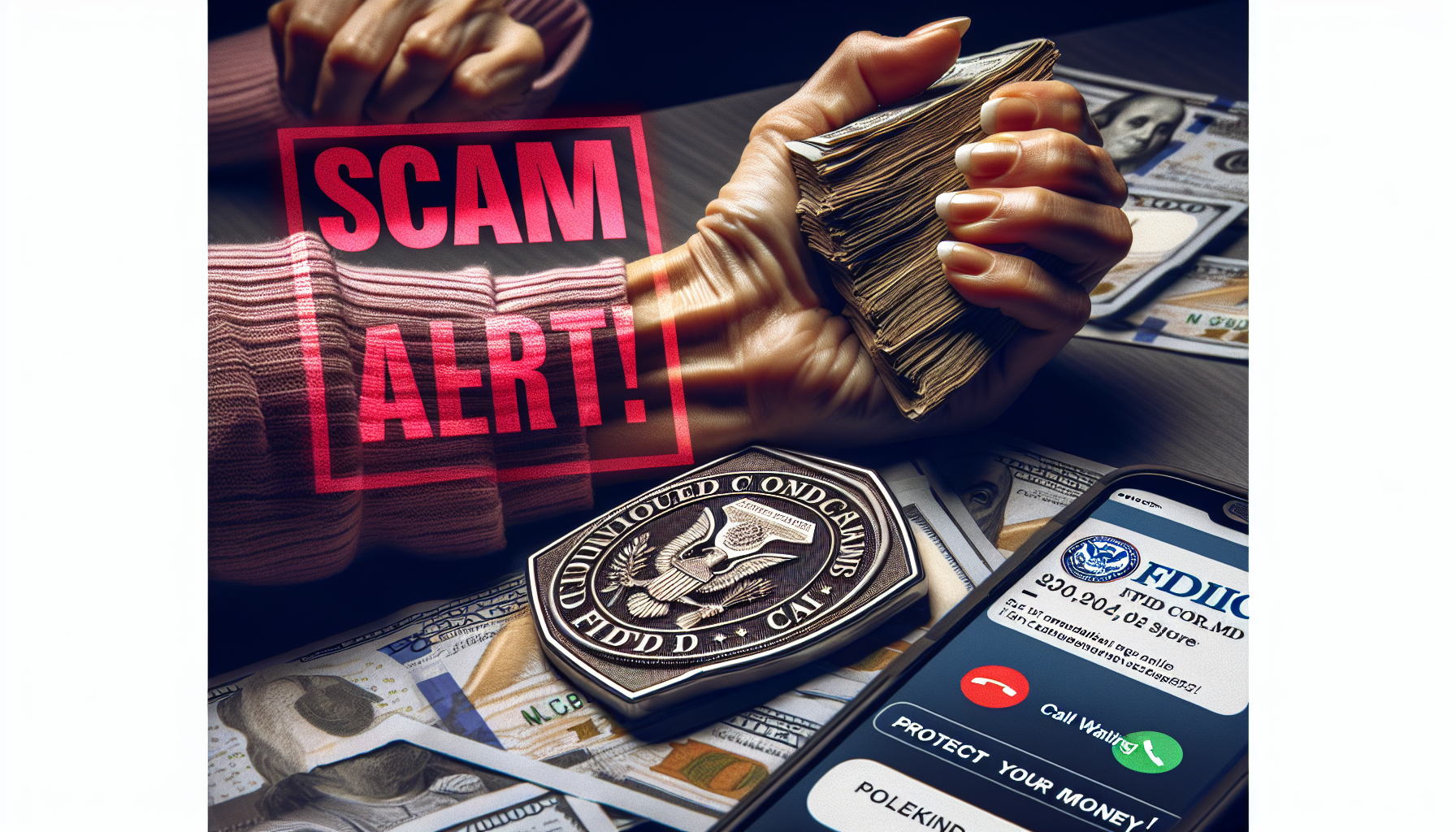
tl;dr
A New Mexico woman was scammed out of $60,000 by a fraudster claiming to be an FDIC investigator, who tricked her into handing over cash to a fake courier while locking her phone to prevent her from seeking help.
**Fraudster Posing as FDIC Investigator Scams Wells Fargo Customer Out of $60,000**
A New Mexico woman fell victim to a sophisticated scam after a fraudster pretended to be an investigator with the Federal Deposit Insurance Corporation (FDIC), stealing $60,000 from her Wells Fargo account, according to a recent report by local news outlet KOB4.
The scam unfolded when the victim received a call from an individual claiming to represent the FDIC, a government agency that insures bank deposits. The fraudster allegedly told her that her account was under investigation and required "clearing" to resolve suspicious activity. The scammer also reportedly locked her cell phone, preventing her from making outgoing calls, sending texts, or accessing apps—only allowing incoming calls.
The victim was instructed to prepare cash for a "courier" who would collect the funds. According to the report, a man arrived with an FDIC badge, took the $60,000, and reportedly unlocked her phone. However, days later, when she inquired about a promised check, she was told it was "on the way." At that point, she realized she had been scammed.
Wells Fargo confirmed to KOB4 that the bank did not experience a security breach related to the incident. The bank emphasized its commitment to customer safety, stating:
*"We deeply empathize with people affected by financial scams and understand the significant emotional and financial toll on its victims. If you are asked to send a payment, hand over cash, your debit card, move your money, or withdraw your funds to prevent or stop fraud in your account, it’s a scam. Immediately report that to your bank and law enforcement."*
The FDIC itself has warned the public about scams involving fake investigators. In a statement, the agency reiterated that it does not solicit money or personal information via unsolicited calls or emails. Scammers often exploit fear and urgency to manipulate victims into transferring funds or sharing sensitive data.
This case highlights the growing sophistication of fraud schemes and the importance of vigilance. Financial institutions and regulatory agencies urge consumers to verify the legitimacy of any requests for money or personal information, especially those claiming to represent government agencies.
If you suspect fraud, experts advise contacting your bank immediately and reporting the incident to local authorities or the Federal Trade Commission (FTC). Staying informed and cautious can help prevent falling prey to such tactics.